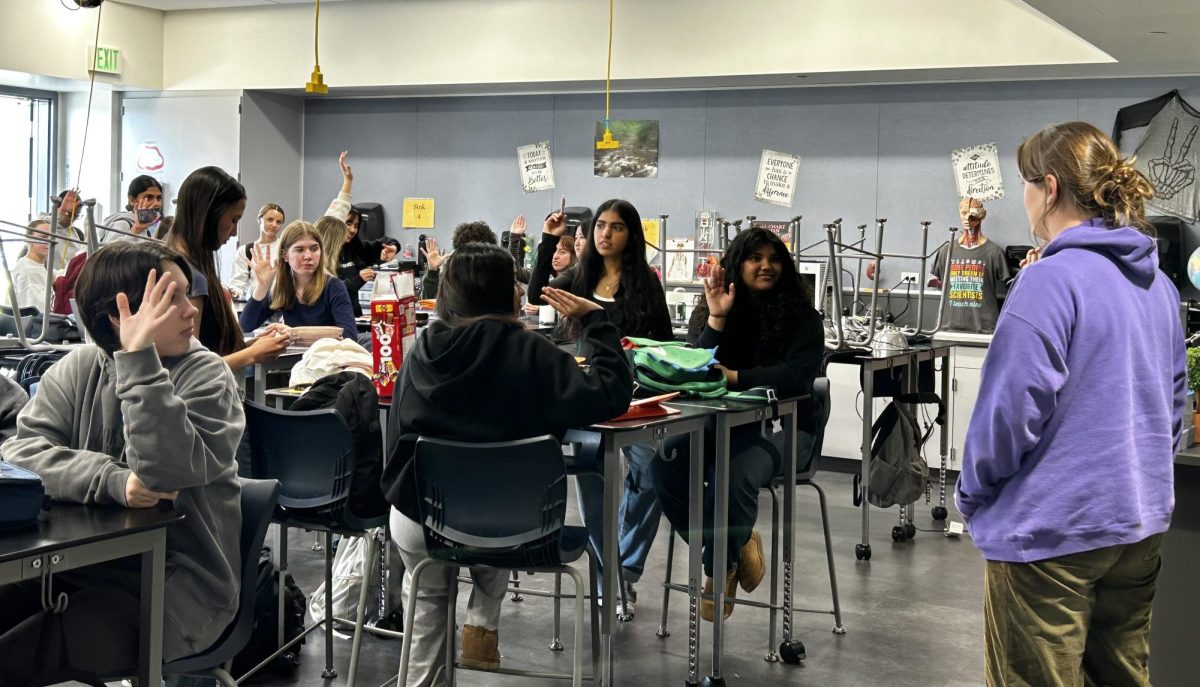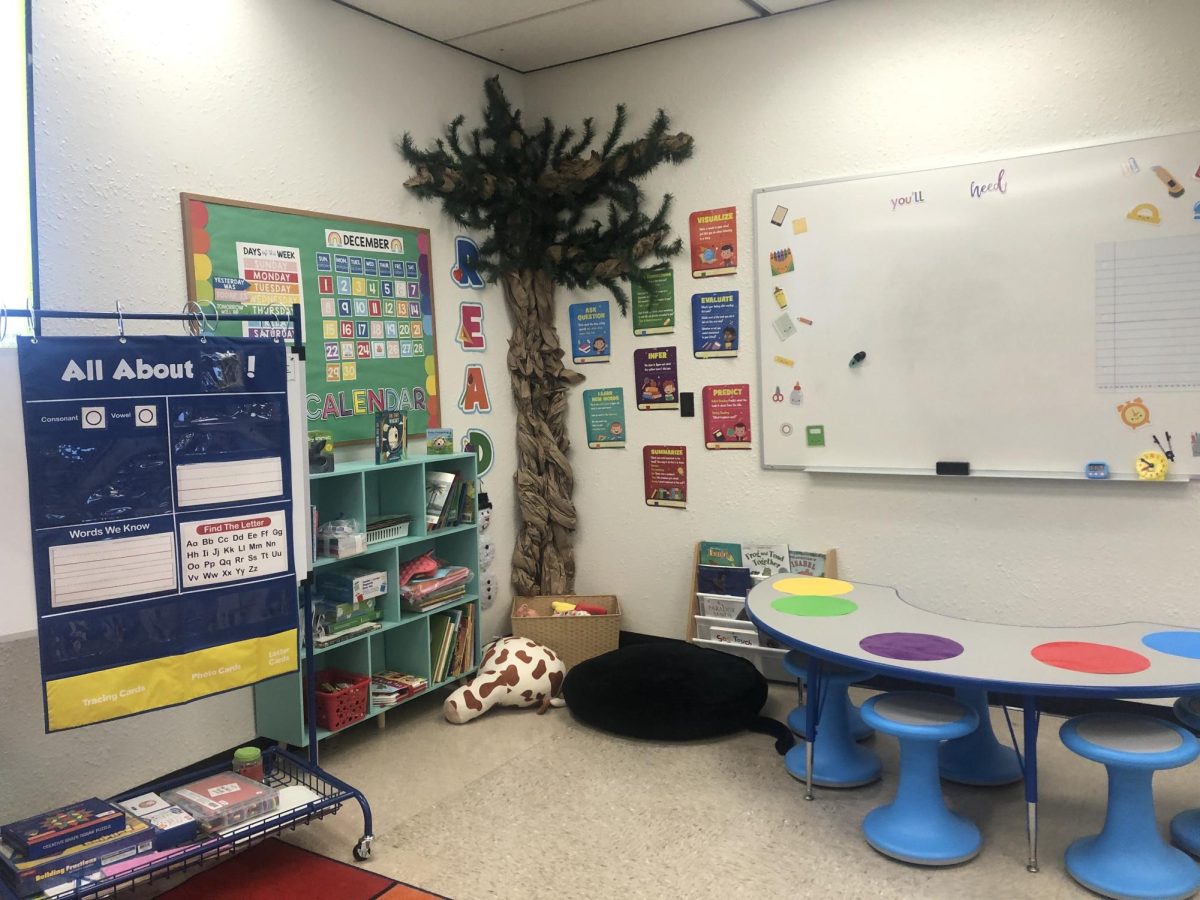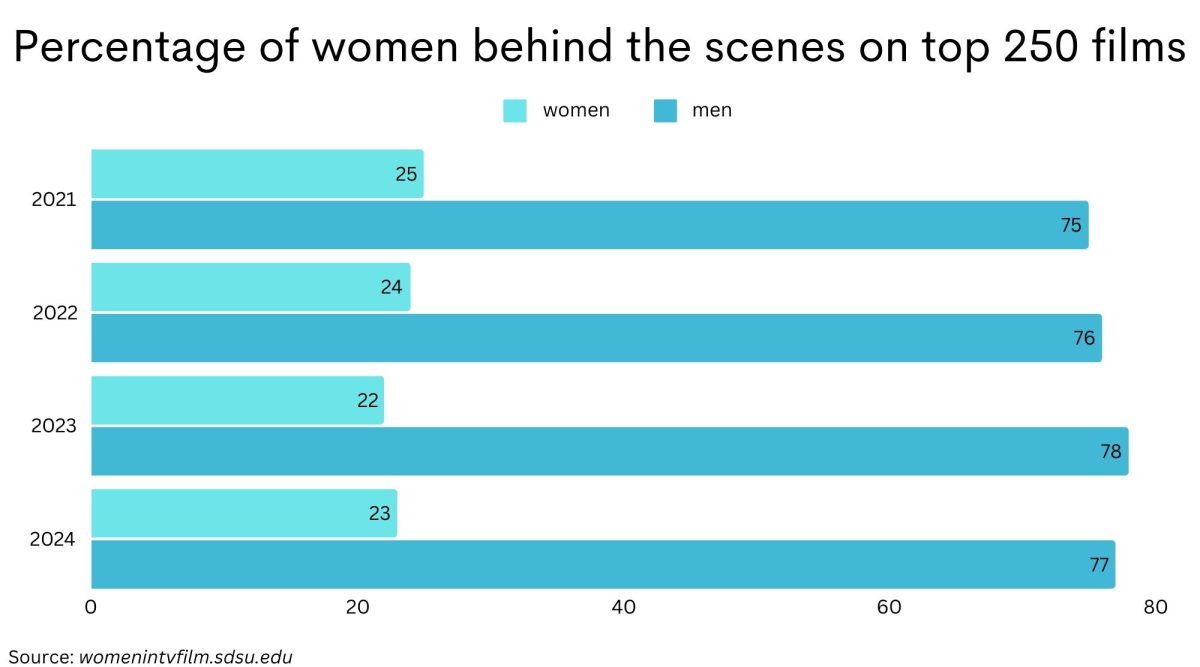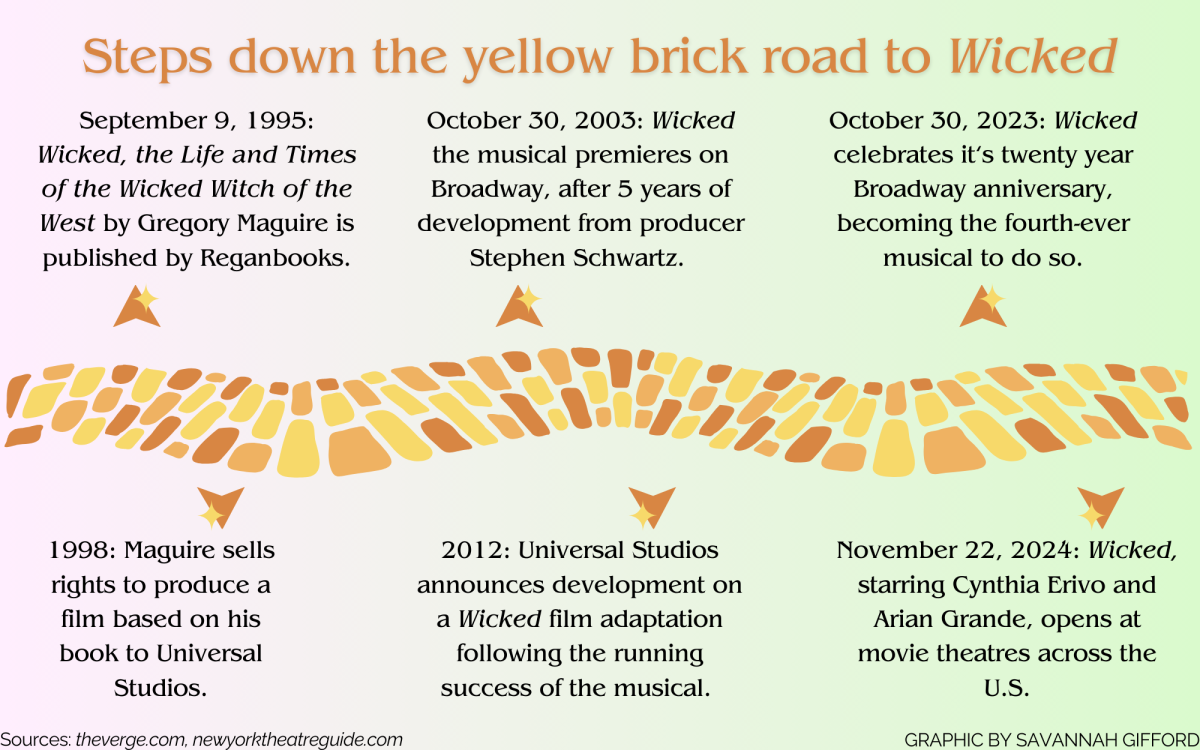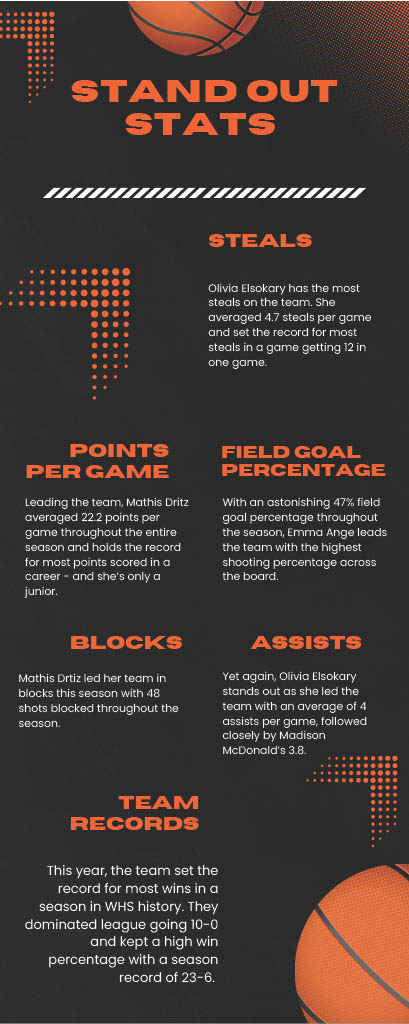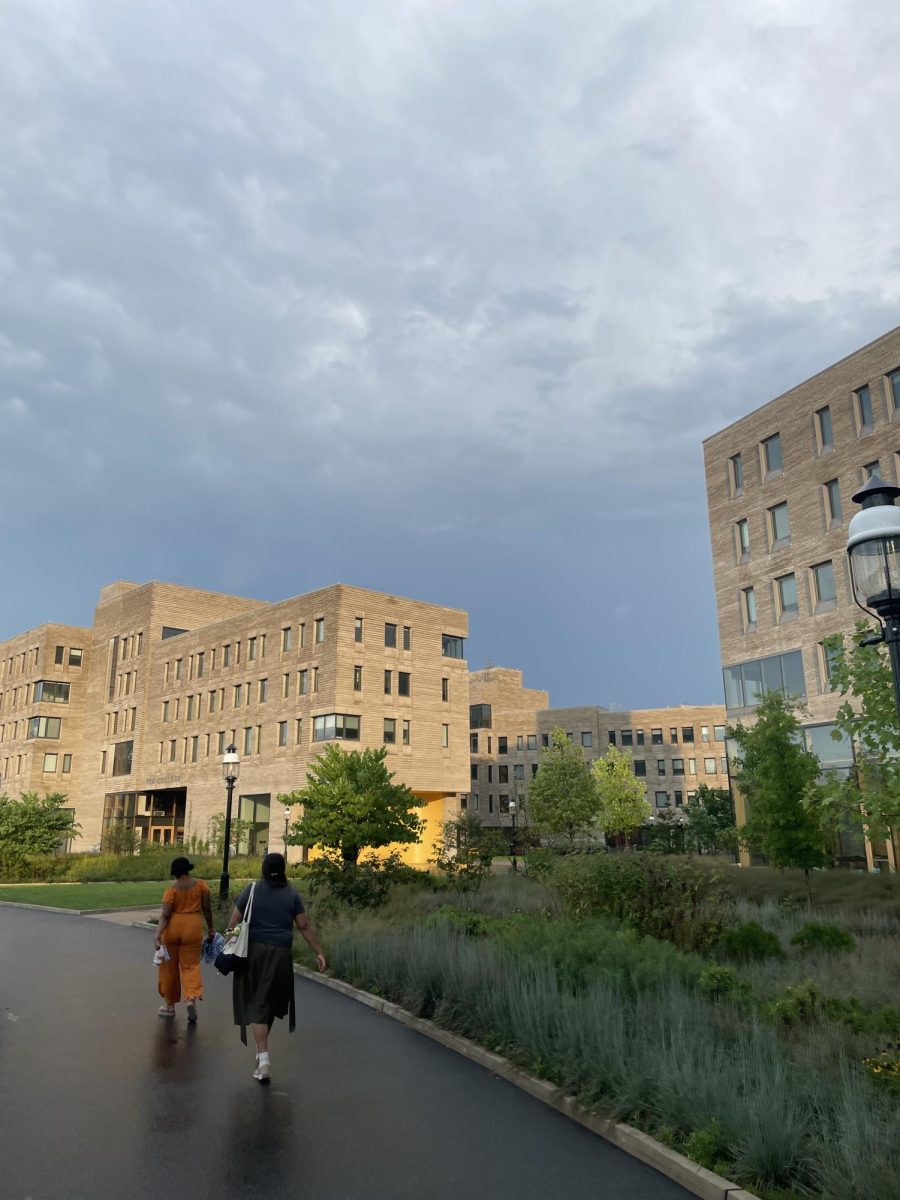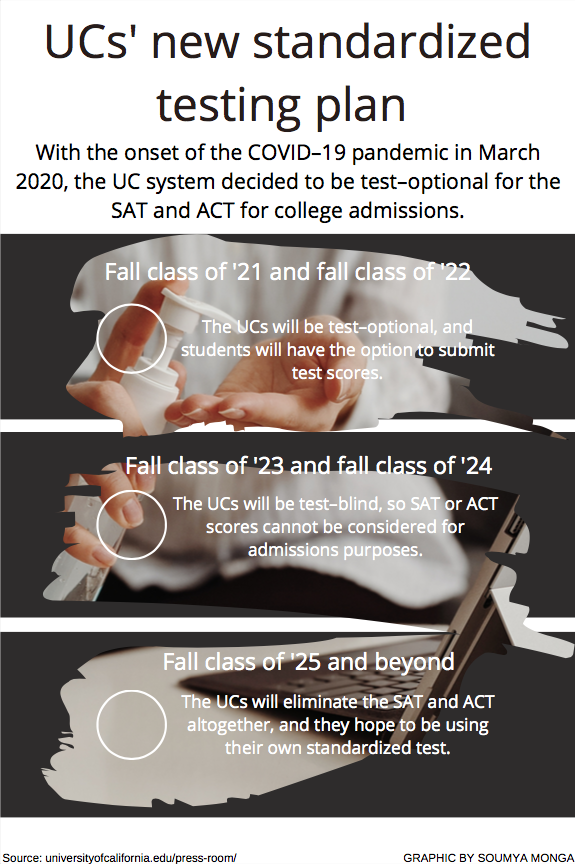On May 21, 2020, the University of California Board of Regents suspended the use of standardized tests (SAT and ACT) for college admissions until the fall of 2024. They will be test–optional for the fall of 2021 and fall of 2022, and they will be test–blind for the fall of 2023 and fall of 2024.
In the wake of the COVID–19 pandemic, many colleges such as the UCs have gone test–optional regarding standardized testing for college admissions. The test–optional plan allows students to choose whether they want to submit their SAT or ACT scores on their college applications for admissions purposes. This is different, however, from test–blind in which neither SAT nor ACT scores will be considered in the admissions process, but may be considered for course placement after acceptance.
“We are removing the ACT/SAT requirement for California students and developing a new test that more closely aligns with what we expect incoming students to know to demonstrate their preparedness for UC,” said UC President Janet Napolitano according to a UC press release.
During the summer of 2020, the UCs started developing a new standardized test for the fall of 2025 to replace the SAT and ACT requirement. Because of the development of this new test, UCs are also eliminating the standardized testing requirement for all California students starting the fall of 2025, which will continue regardless of it being ready or feasible by 2025.
“I think this is an incredible step in the right direction toward aligning our admissions policy with the broad–based values of the University,” said UC Board of Regents Chair John A. Pérez according to the press release.
The Ivy League (Yale, Harvard, Princeton, University of Pennsylvania, Dartmouth, Columbia, Cornell and Brown) has also gone test–optional for current high school seniors as of June 18. Schools like Caltech and Stanford have also done the same, pausing the use of standardized testing in their holistic application review for current seniors.
“We understand the many hurdles students, families, counselors and school administrators will have to overcome in the months ahead due to changes within school communities and the unprecedented challenges presented by COVID–19,” said Princeton University in a released statement according to CNBC. “Princeton will pause on its standardized testing requirement as part of its holistic review process for the 2020–21 application cycle. Students who sit for a standardized test and wish to submit their score will still have the option to do so.”
One of the biggest challenges that caused colleges to take this step is the inability of students to test in the first place. The current health risks that come from grouping students in a classroom for standardized testing have prevented high schools around the nation from reopening their doors to administer the test. Many students who waited to take the test senior year are not able to because of center closures.
College Board started canceling tests in April for the summer of 2020 once the coronavirus cases started peaking. Since then, California SATs for September and October have been canceled and students are scrambling to test in November and December.
“As schools continue to navigate uncertainties due to the coronavirus, the top priorities for College Board are the health and safety of students and educators,” according to the College Board website. “There is limited testing capacity in certain areas due to public health restrictions and high demand. Test centers make individual decisions about whether to administer the SAT, and they may close before the administration, right up until test day.”
In light of the recent test cancellations, students are beginning to wonder whether taking the test is even worth it. Seniors especially are contemplating this since early action and early decision applications are due in early November. Mia Hodges ‘21 was signed up to test in March but had to reschedule for early November because of the start of the pandemic.
“[It’s not worth it because] most schools are test blind, and it’s been so long since I studied that I’d have to spend a lot of time and money to prepare again,” said Hodges. “I’m signed up but most of the college applications are going to be completed by then, and so little schools are accepting [test scores that] I’m not so sure.”
Hodges advised students who weren’t able to test this year to focus on other parts of their college applications such as extracurricular activities and volunteer work.
“Definitely work on community service and volunteer hours, [which] make a big difference as well as extracurriculars,” said Hodges. “Additionally, just start applications early, so you don’t fall behind because they’re a lot of work at the end.”
Students like Charisse Chua ‘22 are signed up to take multiple tests in case of cancellations. Chua is scheduled for an SAT Math 2 subject test in November, an SAT test in December, an ACT in October and in December. Chua and other current juniors are also feeling the stress of test cancellations for college applications next year as there is likely to be a greater emphasis on other parts of the application.
“Considering most of my extracurriculars are either online or on pause because of COVID, it makes it more stressful since I won’t even be able to do extra activities for not having [my] test score,” said Chua. “Now I’m worried there’ll be more emphasis on my essays and teacher recommendations since there are no tests and limited extracurriculars. I want to add something extra to my college applications, [so] in case there are a lot of other similar people like me, at least I have a test score…[in] my advantage.”
Chua mentioned that taking SATs and ACTs in junior year of high school has been a long–held tradition of sorts she has heard for so long that not taking the tests is strange.
“I feel like I’m only taking [the tests] because I’ve been told I need to take them all my life by all the people in grades above me, so it feels weird if I don’t continue to try to take them,” said Chua. “If I wasn’t a junior, I’d probably be telling the juniors right now it’s not worth it, especially since some colleges are test blind, so it won’t even matter how good of a score you get.”
Regardless of whether test centers start opening for testing later this year, it’s clear that colleges are starting to place more emphasis on other parts of the application during their holistic review. Students need to build up their resumes in other ways and start giving back to their communities, especially in a time like this.






